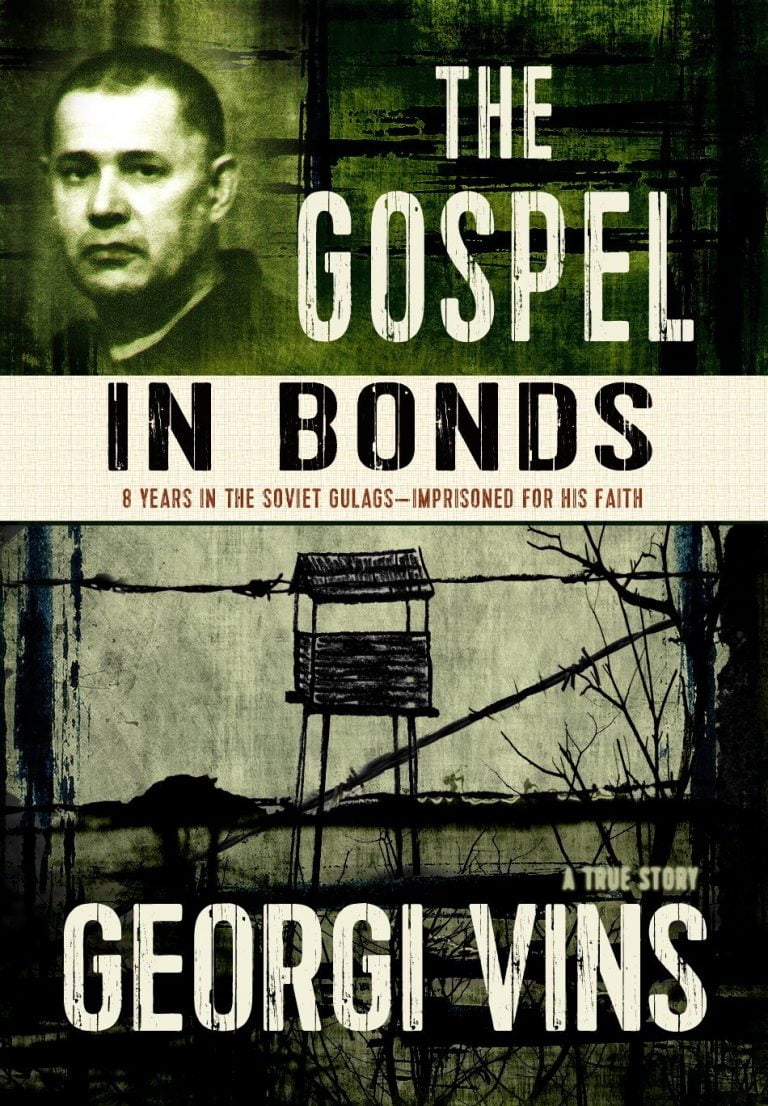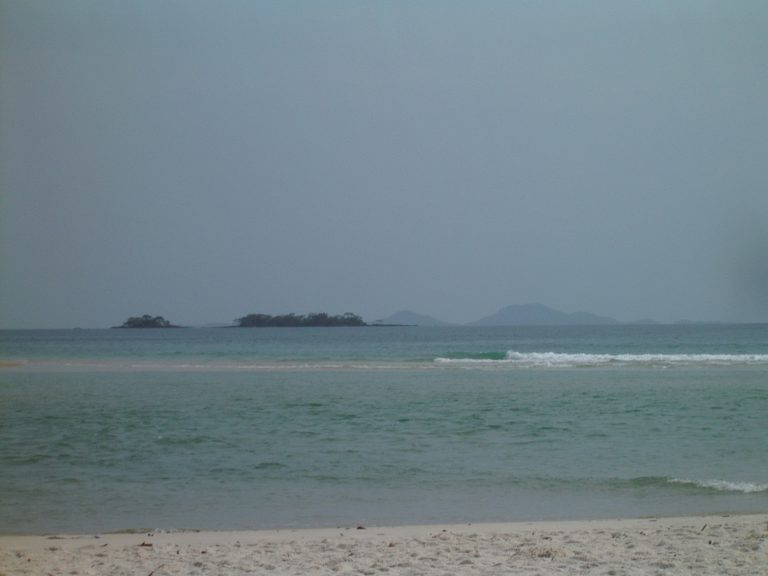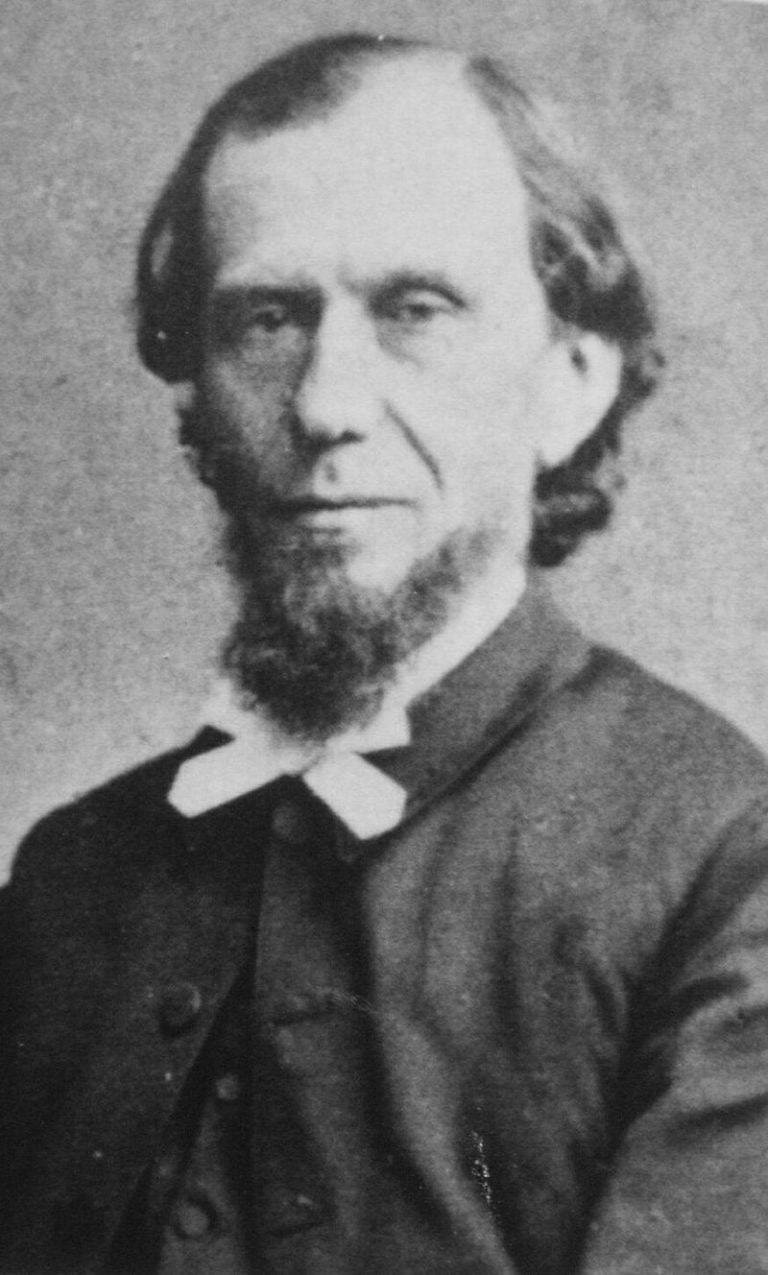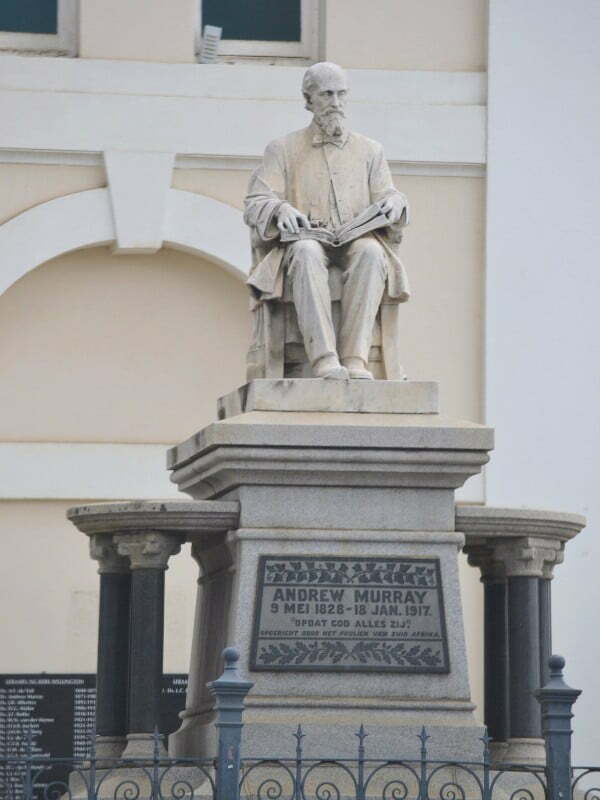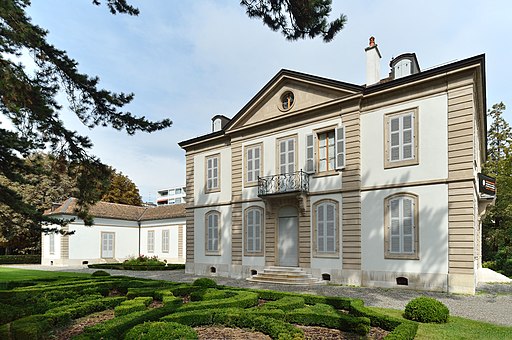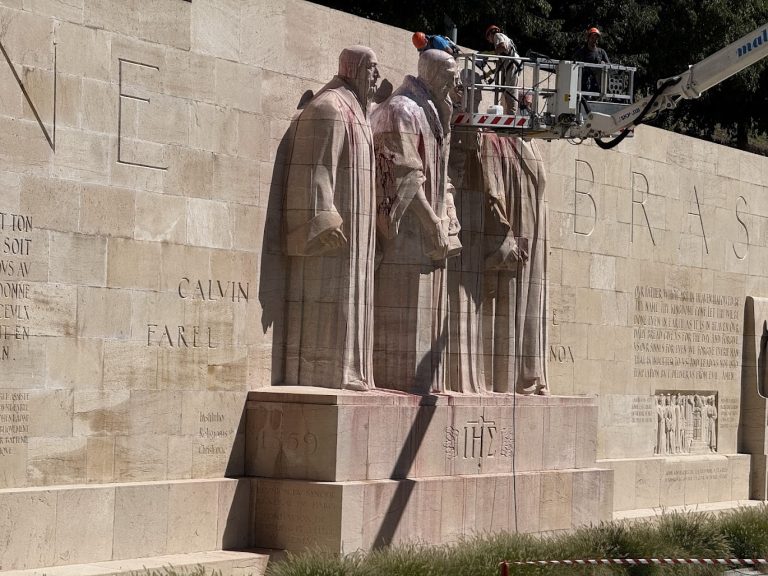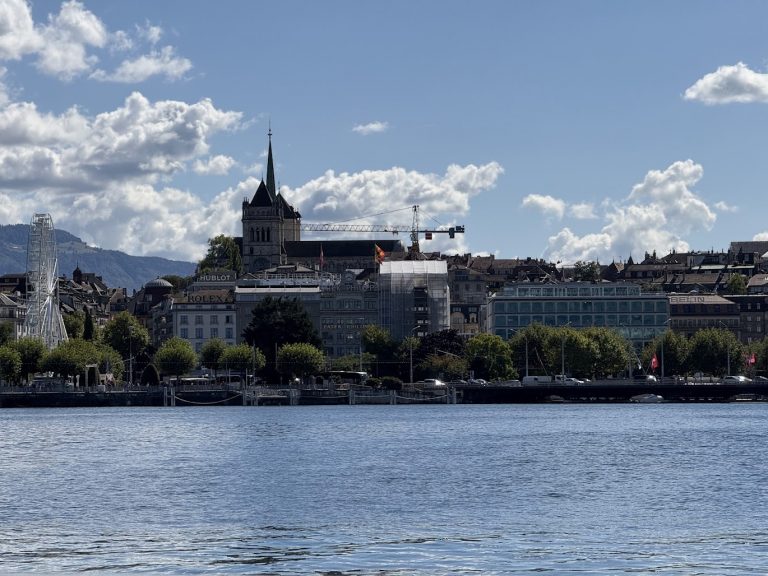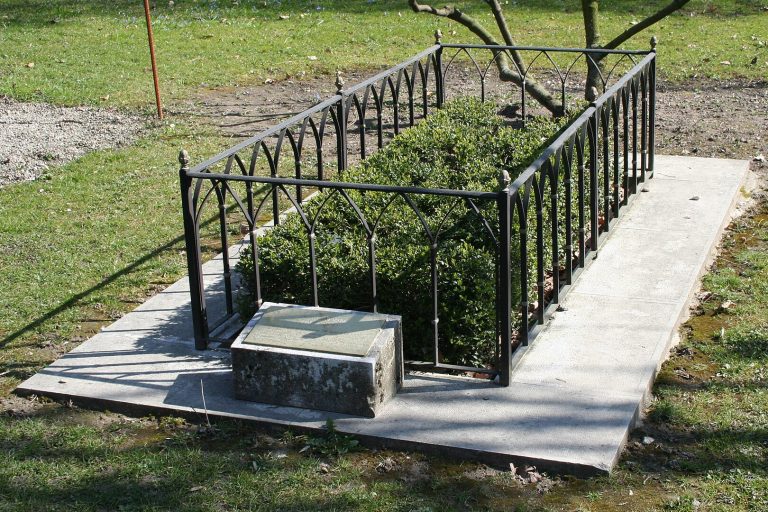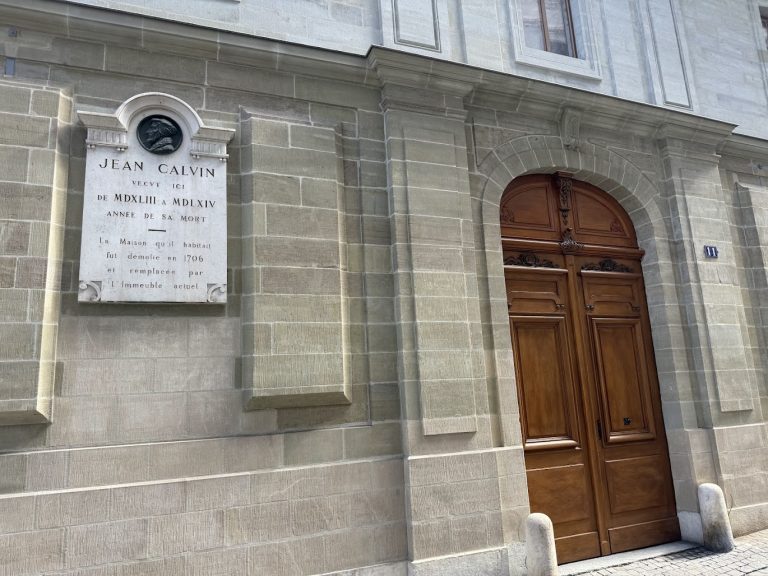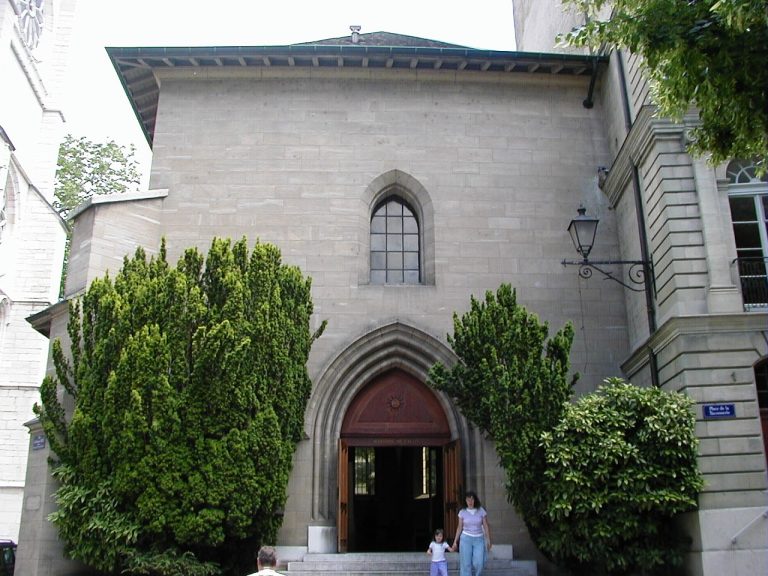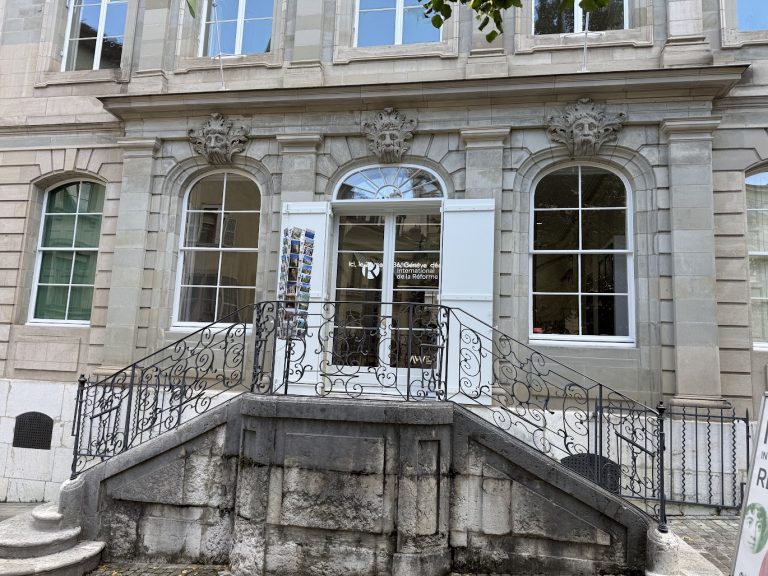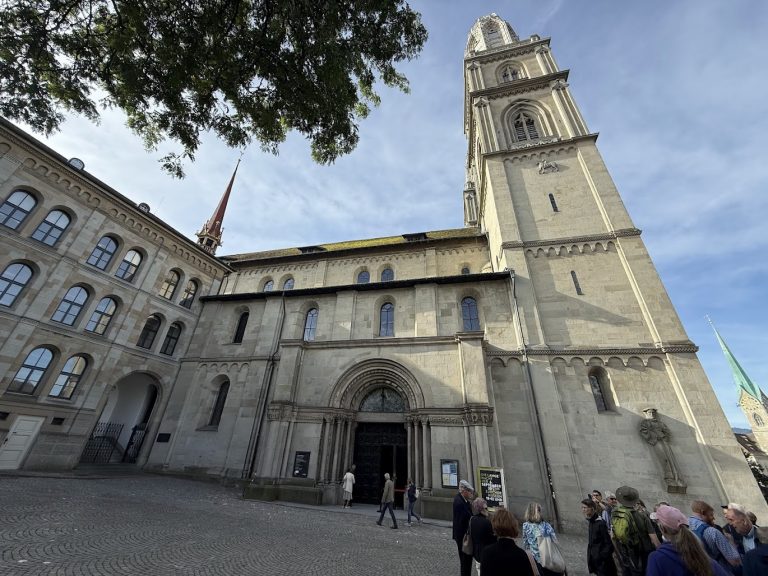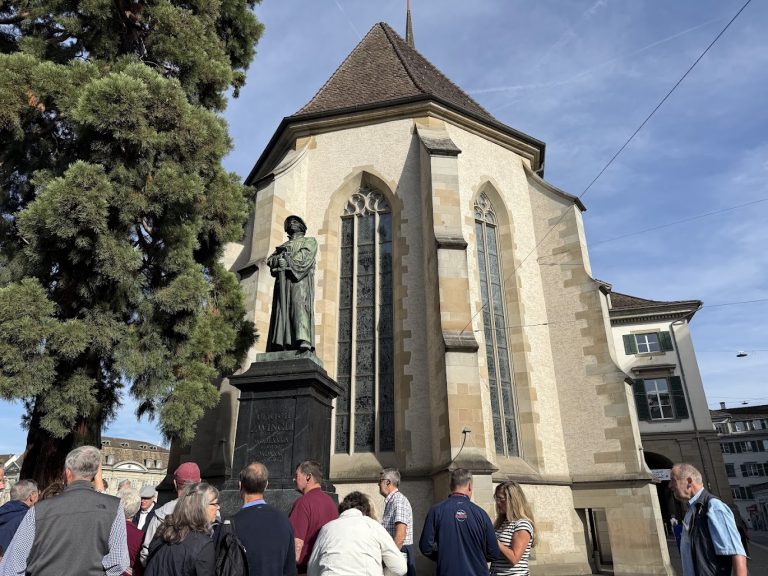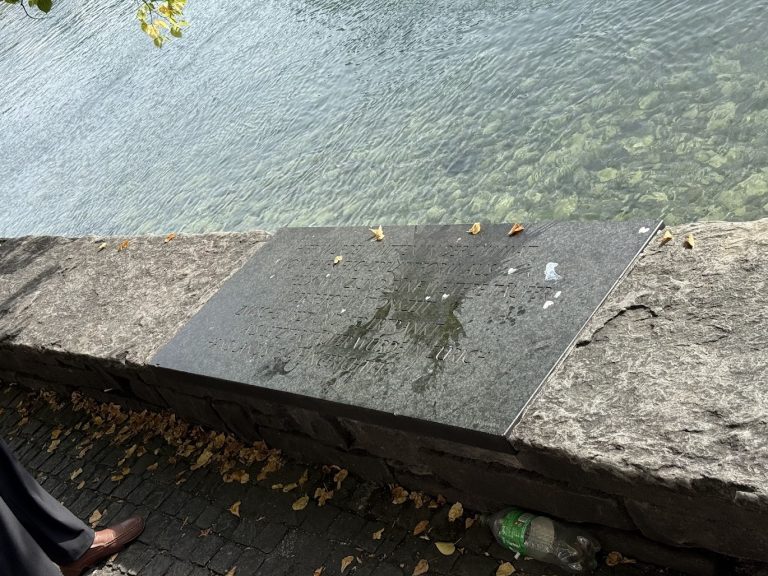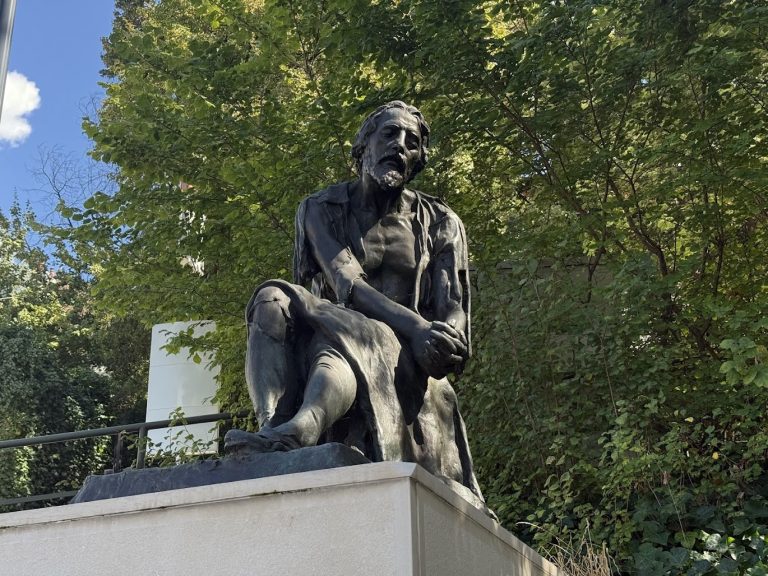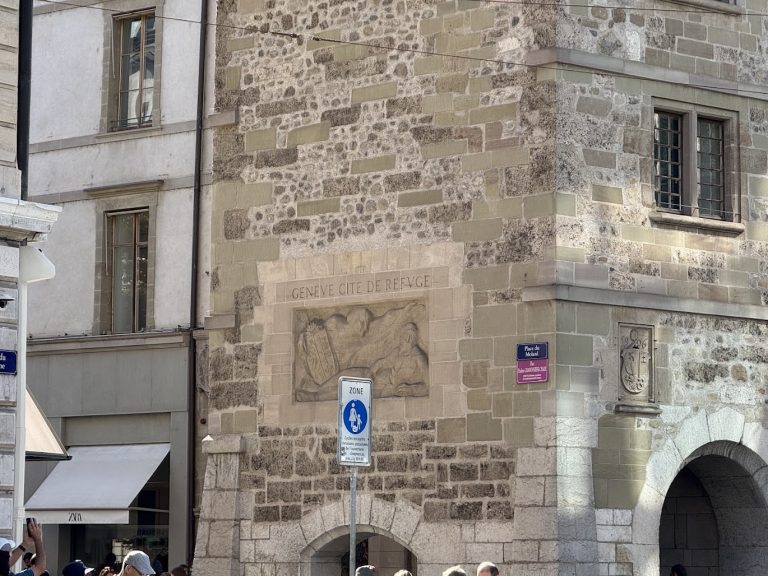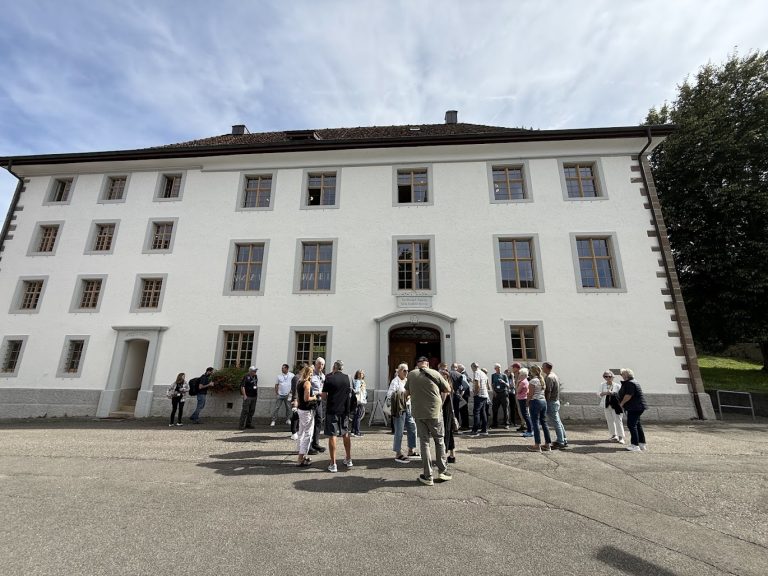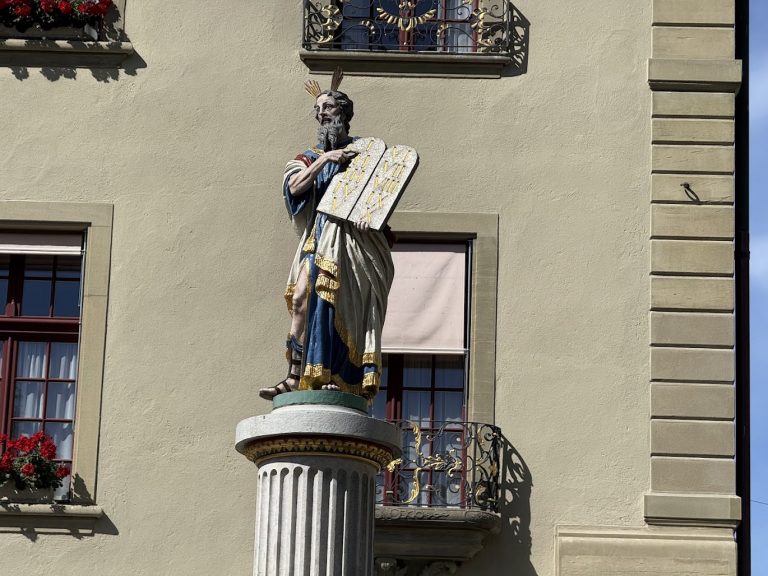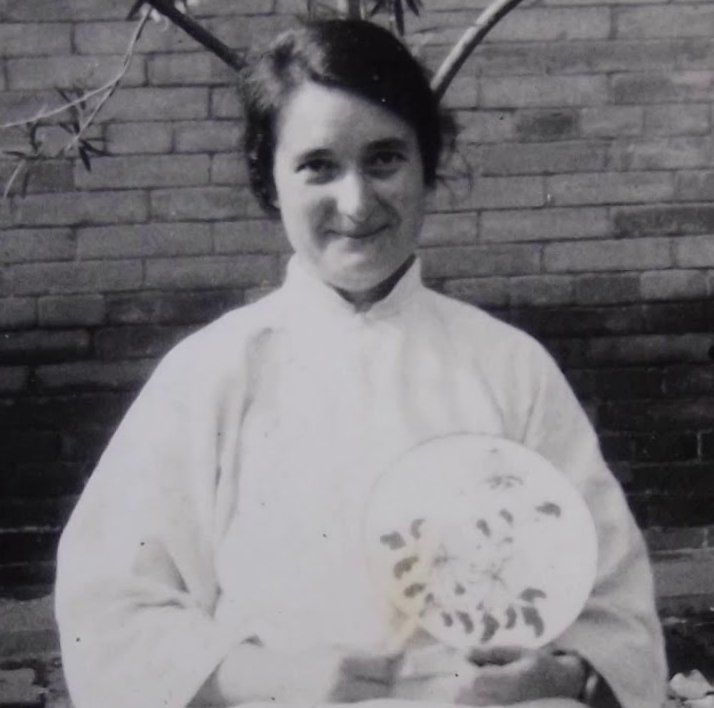Favorite
From The Gospel in Bonds The camp at Tabaga was surrounded by four thick, wooden stockade-like fences nearly fifteen feet high. Over each fence stretched several rows of barbed wire and another wire connected to the alarm system. Massive spirals of barbed wire lay between the first two fences. Armed guards with dogs patrolled the area between the last set Read more...
Favorite
Sierra Leone Heritage: Destined by his parents for a post in a merchant’s office in Jamaica, he was seized during a drunken orgy by a Naval Press Gang in 1743. His father instead of buying him out had him made midshipman. His bad behaviour soon caused him to be degraded to the forecastle and in 1744, he sailed as an Read more...
Favorite
From Wikipedia: Murray pastored churches in Bloemfontein, Worcester, Cape Town and Wellington, all in South Africa. He was a champion of the South African Revival of 1860. In 1889, he was one of the founders of the South African General Mission (SAGM), along with Martha Osborn and Spencer Walton. After Martha Osborn married George Howe, they formed the South East Africa General Mission (SEAGM) in Read more...
Favorite
Watch Doug Whitley in character as Andrew Murray: From Website: This church is a landmark in the centre of town and boasts a fine statue of the Reverend Andrew Murray, a Scot, and one of the pioneer theologians of the Dutch Reformed Church in South Africa. The Dutch Reformed Mother Church’s congregation moved away from the Paarl congregation in Read more...
Favorite
Voltaire was one of the greatest skeptics in history. He declared in his own commentary on the Bible: “The subject is now exhausted: the cause is decided for those who are willing to avail themselves of their reason and their lights, and people will no more read this.” And what would happen to his house? “I went through Geneva, and Read more...
Favorite
From Wikipedia: Huldrych Zwingli was born on 1 January 1484 in Wildhaus, in the Toggenburg valley of Switzerland, to a family of farmers, the third child of eleven. His father, Ulrich, played a leading role in the administration of the community (Amtmann or chief local magistrate).[17] Zwingli’s primary schooling was provided by his uncle, Bartholomew, a cleric in Weesen, where he probably met Katharina von Zimmern.[18] At ten years Read more...
Favorite
This monument ties together the story of the Reformation – Post Tenebras, Lux. After Darkness, Light. The Proto-Reformers leading up to Martin Luther: Peter Waldo (c. 1140-c. 1205) John Wycliffe (c. 1328-1384) Jan Hus (c. 1369-1415) Martin Luther (1483-1546) The Zurich Reformation Ulrich Zwingli (1484-1531) Marie Dentière (c. 1495-1561) At the center, the Geneva Reformation. (At this time, the monument Read more...
Favorite
From Wikipedia: Saint Pierre Cathedral is a historic church in Geneva, Switzerland. It was originally a Roman Catholic cathedral but became a Calvinist Church in 1535. It is known as the adopted home church of John Calvin, one of the leaders of the Protestant Reformation. Inside the church is a wooden chair used by Calvin. Read more...
Favorite
From Wikipedia: Calvin died on 27 May 1564 aged 54. At first his body lay in state, but since so many people came to see it, the reformers were afraid that they would be accused of fostering a new saint’s cult. On the following day, he was buried in an unmarked grave in the Cimetière des Rois.[81] The exact location of the Read more...
Favorite
From Wikipedia: During his ministry in Geneva, Calvin preached over two thousand sermons. Initially he preached twice on Sunday and three times during the week. This proved to be too heavy a burden and late in 1542 the council allowed him to preach only once on Sunday. In October 1549, he was again required to preach twice on Sundays and, Read more...
Favorite
From Wikipedia: The Calvin Auditorium or Calvin Auditory (French: Auditoire de Calvin), originally the Notre-Dame-la-Neuve Chapel, is a chapel in Geneva, Switzerland, which played a significant role in the Protestant Reformation. It is associated with John Calvin, Theodore Beza and John Knox. The auditorium lies directly adjacent to St. Pierre Cathedral in the Place de la Taconnerie. The austere Gothic-style building was constructed in the 15th century, on the site of earlier 5th-century religious buildings, and was originally dedicated Read more...
Favorite
From Geneve.com: Housed in one of the most elegant town houses in the old town, next to the Cathedral, the Musée International de la Réforme presents a history of the Protestant Reformation in nine rooms. From the 16th century to the present day, paintings, manuscripts, books, prints, objects, music and films paint a portrait of an influential movement in Geneva, Read more...
Favorite
From Wikipedia: Huldrych Zwingli initiated the Swiss-German Reformation in Switzerland from his pastoral office at the Grossmünster, starting in 1520. Zwingli won a series of debates presided over by the magistrate in 1523 which ultimately led local civil authorities to sanction the severance of the church from the papacy. The reforms initiated by Zwingli and continued by his successor, Heinrich Bullinger, account for the Read more...
Favorite
From Wikipedia: In 1885, the memorial was inaugurated outside the Wasserkirche in the extension of the choir; the 400th anniversary of Zwingli’s birth had been narrowly missed due to delayed funding. The necessary funds came from nationwide collections, from concerts in the Grossmünster and Fraumünster, as well as from international contributions from the predominantly Protestant countries of Germany, Holland, and Read more...
Favorite
From Wikipedia: On 7 March 1526, the Zürich council had passed an edict that made adult re-baptism punishable by drowning. On 5 January 1527, Felix Manz became the first casualty of the edict, and the first Swiss Anabaptist to be martyred at the hands of magisterial Protestants. While Manz stated that he wished “to bring together those who were willing to accept Christ, obey the Word, and follow Read more...
Favorite
Text: Duteous and grateful followers of Calvin our great Reformer, yet condemning an error which was that of his age, and strongly attached to liberty of conscience according to the true principles of his Reformation and gospel, we have erected this expiatory monument. Oct. 27, 1903 What to say about Servetus? From John Calvin’s Geneva: A Walking Guide “In 1903, Read more...
Favorite
From Museum of Protestants: The first wave took place between 1540 and 1590 and mainly concerned Geneva. During the second wave, before and after the Revocation of the Edict of Nantes in 1685, refugees came mostly from the Dauphin, Cévennes and Languedoc regions; the major route of exodus was the passage from Lake Geneva to the Rhine River. The roads Read more...
Favorite
From the Museum: On February 24, 1527, a secret meeting of the massge-Bend Anabaptists from Swiss and southern Germany took place. Under the Management by Michael Sattler, a former monk from the St. Peter Monastery The previously inconsistent views and teachings were presented in seven articleskeln redefined. They are available as «Schleitheimer Articles» or as «Schleitheimer Confession» went down in Read more...
Favorite
Beautiful statue of Moses holding the Ten Commandments above the Water Fountain. From Wikipedia – regarding the Horns of Moses: Depictions of a horned Moses stem from the description of Moses’ face as “cornuta” (“horned”) in the Latin Vulgate translation of the passage found at Exodus chapter 34, specifically verses 29, 30 and 35, in which Moses returns to the people after receiving the Read more...
Favorite
From Wikipedia: Gladys May Aylward (24 February 1902 – 3 January 1970) was a British-born evangelical Christian missionary to China, whose story was told in the book The Small Woman, by Alan Burgess, published in 1957, and made into the film The Inn of the Sixth Happiness, starring Ingrid Bergman, in 1958. The film was produced by Twentieth Century Fox, and filmed entirely in North Wales and England.[1] Image Credit: Nevin, Read more...
